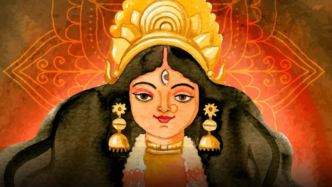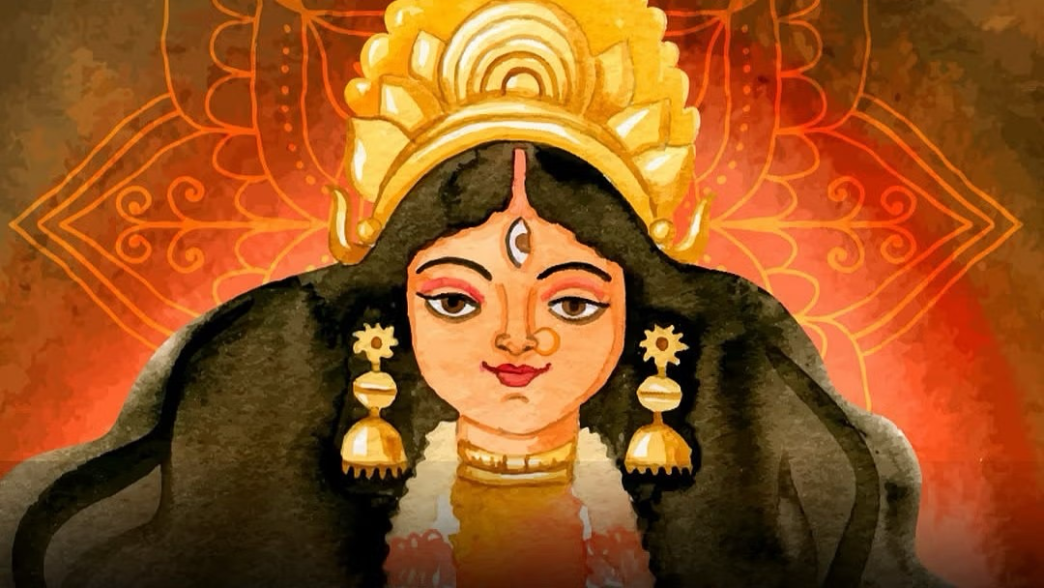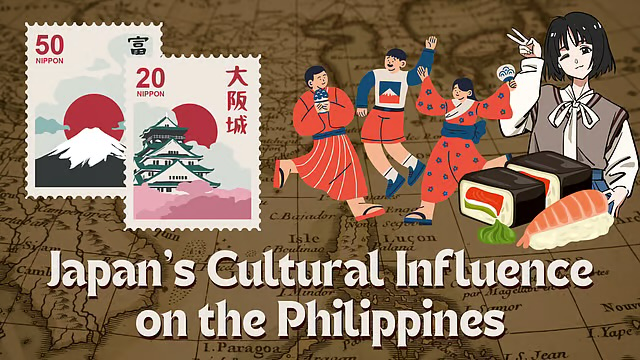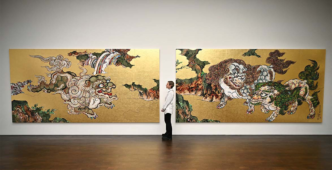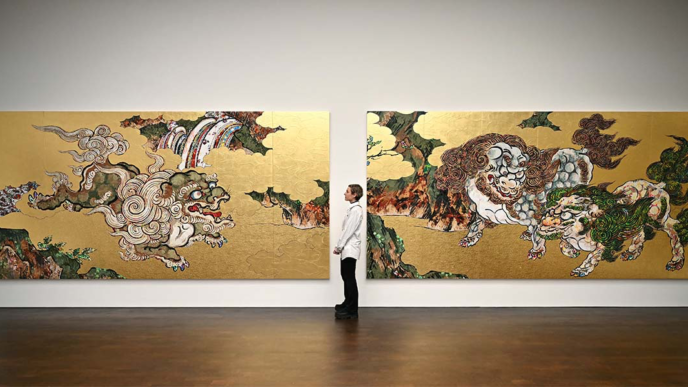Exploring the Influence of Hindu Deities in Japanese Culture
India and Japan share a deep spiritual and historical connection, with Hindu gods influencing Japanese religious traditions for centuries. Recently, Jaee Vartak of Enso School of Languages highlighted this fascinating link through an Instagram post titled “Indian Gods in Japan.” This post sparked interest in how deities like Saraswati, Ganesha, and Shiva have found a place in Japanese Buddhist and Shinto beliefs.
This cross-cultural exchange dates back to ancient trade routes and the spread of Buddhism from India to China, Korea, and Japan. As a result, several Indian gods are still worshipped in Japanese temples and shrines, symbolizing a rich blend of religious traditions.
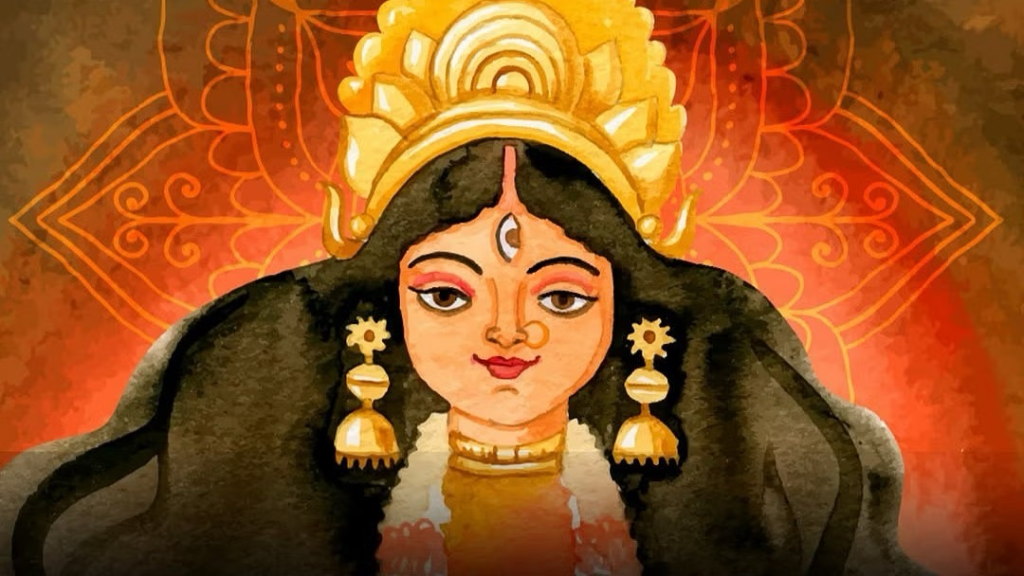
Key Indian Gods Worshipped in Japan
Hindu deities were integrated into Japanese Buddhism and folklore over centuries, evolving into unique forms with local adaptations. Some of the most revered Indian-origin gods in Japan include:
1. Benzaiten (Saraswati – Goddess of Wisdom and Music)
Benzaiten, the Japanese counterpart of Saraswati, is the goddess of wisdom, music, and water. She is widely worshipped across Japan, with major shrines dedicated to her at Enoshima, Kyoto, and Kamakura. Devotees believe she grants knowledge, artistic skills, and financial prosperity.
2. Kangiten (Ganesha – God of Wisdom and Success)
Kangiten, inspired by Lord Ganesha, is a revered deity in Japanese esoteric Buddhism. He is considered the god of prosperity, wisdom, and marital happiness. Unlike the popular single-elephant-headed Ganesha, Kangiten is often depicted as a dual-bodied, elephant-headed deity embracing itself.
3. Daikokuten (Mahakala/Shiva – God of Wealth and Prosperity)
Daikokuten originates from Mahakala, a fierce form of Shiva, and has evolved into one of Japan’s Seven Lucky Gods. Worshipped as the god of wealth, agriculture, and good fortune, he is often depicted carrying a sack of treasure and standing on bales of rice. His shrines can be found in Tokyo and Kyoto.
4. Bishamonten (Kubera/Vaishravana – Warrior God and Protector)
Bishamonten, the Japanese form of Kubera (Vaishravana), is regarded as a protector of warriors and bringer of fortune. He is a prominent deity in Japanese samurai culture and is often depicted in full armor, holding a spear and a pagoda.
5. Fudō Myō-ō (Rudra/Shiva – The Immovable Protector)
Fudō Myō-ō is a wrathful Buddhist deity derived from Shiva’s fierce form, Rudra. He is worshipped as a protector against evil forces and is a key figure in Japanese Shingon Buddhism. His temples, such as Narita-san Shinsho-ji Temple, attract thousands of devotees.
How Did Indian Gods Reach Japan?
The presence of Hindu deities in Japan can be traced back to:
- Buddhism’s Spread from India to Japan – As Buddhism traveled through China and Korea to Japan, it carried Hindu influences with it.
- Silk Road Trade – Indian traders and monks brought religious artifacts, texts, and statues of Hindu deities to Japan.
- Cultural Integration – Over centuries, Indian gods were reinterpreted within Japanese folklore and religious traditions, adapting to local beliefs.
- Temples and Shrines Honoring Indian Gods in Japan
- Several Japanese temples and shrines honor Indian-origin deities, attracting both locals and international visitors.
- Enoshima Shrine (Benzaiten’s Shrine) – A famous pilgrimage site dedicated to Benzaiten (Saraswati).
- Shōten Temples (Kangiten Temples) in Tokyo and Kyoto – Worship sites for Kangiten (Ganesha), the god of success and prosperity.
- Bishamonten Temples in Kyoto and Nara – Dedicated to Bishamonten (Kubera), the warrior god.
- Narita-san Shinsho-ji Temple – Home to Fudō Myō-ō (Shiva’s fierce form), a protector deity in Buddhism.
Modern Awareness and Revival of Spiritual Connections
With social media and cultural exchanges, more people are discovering India and Japan’s shared spiritual heritage. Scholars, historians, and cultural enthusiasts, like Jaee Vartak, are playing a key role in reviving awareness about these ancient connections.
Japan continues to embrace its Hindu-Buddhist influences, and many Indian-origin deities remain an essential part of Japanese religious and spiritual life.
Conclusion
The surprising connection between Indian gods and Japanese religious traditions showcases a unique blend of Hinduism and Buddhism. From Benzaiten (Saraswati) to Kangiten (Ganesha), these deities remain an integral part of Japan’s spiritual landscape. As historical awareness grows, more people are appreciating the deep cultural and religious ties that unite India and Japan.
